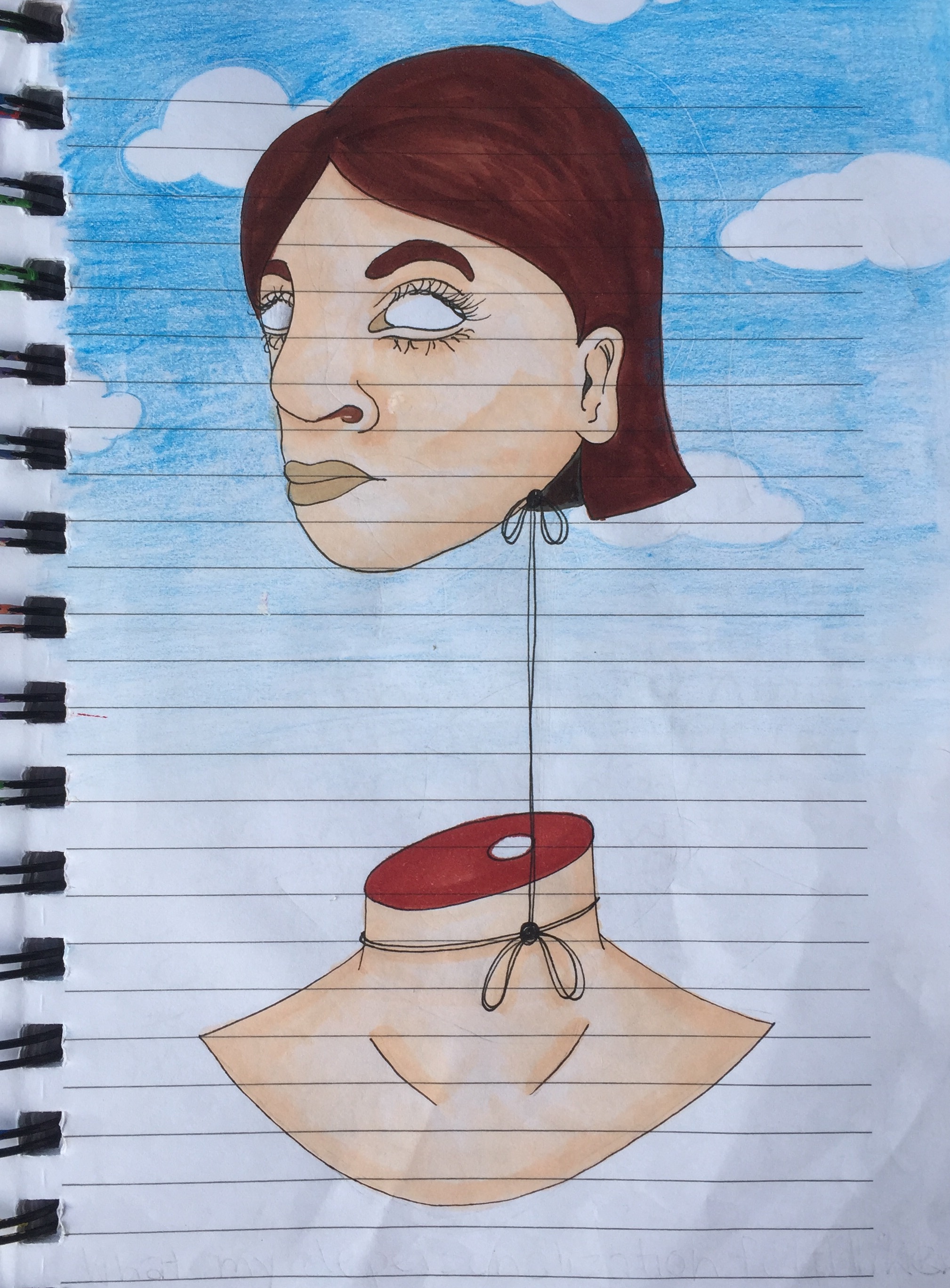

especially cannabis, hallucinogens, ketamine, and MDMA, certain types of meditation, deep hypnosis, extended mirror or crystal gazing, sensory deprivation, and mild-to-moderate head injury with little or full loss of consciousness (less likely if unconscious for more than 30 minutes). Obsessive-compulsive disorder, severe stress or trauma, anxiety, the use of recreational drugs

It can also accompany sleep deprivation (often occurring when experiencing jet lag), migraine,Įpilepsy (especially temporal lobe epilepsy, complex-partial seizure, both as part of the aura and during the seizure ), Prevalence ĭepersonalization is a symptom of anxiety disorders, such as panic disorder. Although most authors currently regard depersonalization (personal/self) and derealization (reality/surroundings) as independent constructs, many do not want to separate derealization from depersonalization. ĭepersonalization is a subjective experience of unreality in one's self, while derealization is unreality of the outside world. Depersonalization can result in very high anxiety levels, which further increase these perceptions. Also, a recognition of a self breaks down (hence the name). Often a person who has experienced depersonalization claims that things seem unreal or hazy. as not belonging to the same person or identity. Individuals who experience depersonalization feel divorced from their own personal self by sensing their body sensations, feelings, emotions, behaviors etc. In social psychology, and in particular self-categorization theory, the term depersonalization has a different meaning and refers to "the stereotypical perception of the self as an example of some defining social category".

It is also a prominent symptom in some other non-dissociative disorders, such as anxiety disorders, clinical depression, bipolar disorder, schizophrenia, schizoid personality disorder, hypothyroidism or endocrine disorders, schizotypal personality disorder, borderline personality disorder, obsessive–compulsive disorder, migraines, and sleep deprivation it can also be a symptom of some types of neurological seizure. Depersonalization-derealization is the single most important symptom in the spectrum of dissociative disorders, including dissociative identity disorder and " dissociative disorder not otherwise specified" (DD-NOS).

Though degrees of depersonalization and derealization can happen to anyone who is subject to temporary anxiety or stress, chronic depersonalization is more related to individuals who have experienced a severe trauma or prolonged stress/anxiety. Ĭhronic depersonalization refers to depersonalization/derealization disorder, which is classified by the DSM-5 as a dissociative disorder, based on the findings that depersonalization and derealization are prevalent in other dissociative disorders including dissociative identity disorder. It can be described as feeling like one is on “autopilot” and that the person's sense of individuality or selfhood has been hindered or suppressed. Subjects feel they have changed and that the world has become vague, dreamlike, less real, lacking in significance or being outside reality while looking in. Individuals who experience depersonalization feel divorced from their own personal self as not belonging to the same identity.ĭepersonalization can consist of a detachment within the self, regarding one's mind or body, or being a detached observer of oneself.


 0 kommentar(er)
0 kommentar(er)
